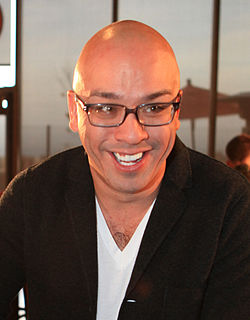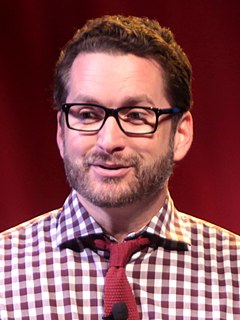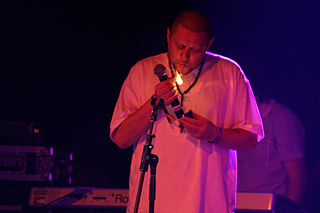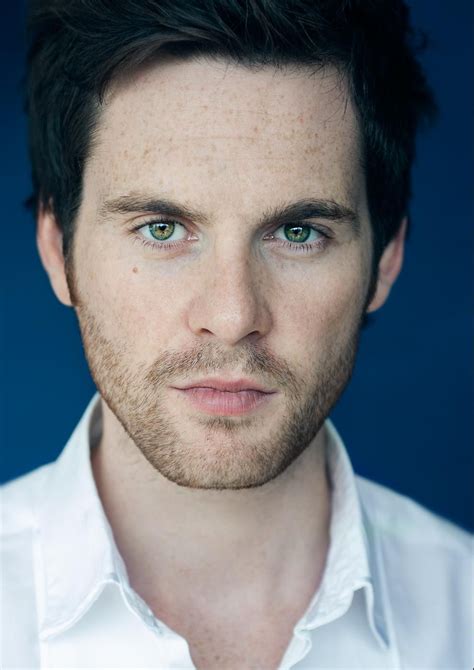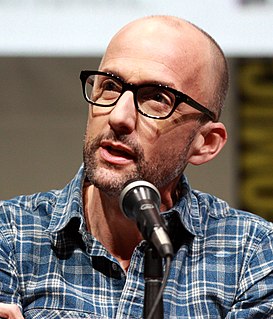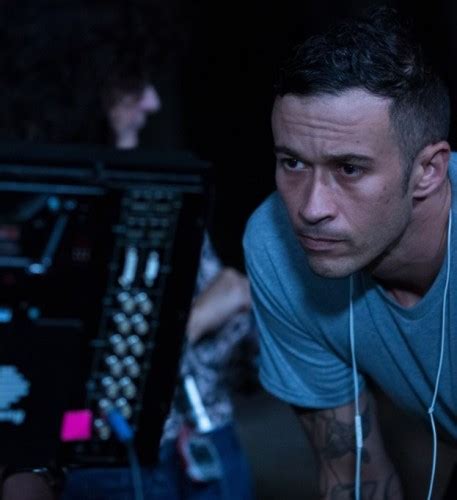A Quote by Shweta Basu Prasad
Platforms like Netflix, Amazon Prime, etc. have been a great escape for a lot of people who don't watch television and want to ditch the heavy priced tickets and snacks at the movie theaters. And the number is only growing.
Related Quotes
Why shouldn't people be able to buy movie tickets on Amazon? Or Google or Flixster, or IMDb? I don't care who you have a relashionship with. This isn't about Fandango or MovieTickets. This is about you. Where do you buy stuff? Are you an Amazon Prime member? Then I want to be on Amazon Prime. Are you a Yahoo guy? Then I want to sell on Yahoo. Are you a Google guy? Then I want to sell tickets on Google.
New platforms are emerging: Netflix, Amazon, Hulu and Xbox. And film actors are gravitating towards television, because there are basically better roles there. Television is making the kind of epics and genres that the movie studios used to make, and often doing it better with more complex narratives and corresponding budgets.
I have no idea what the economics of the movie business is, especially with all the new Amazon, Netflix, Showtime, AMC, SyFy, and HBO series. But I am intrigued with what feels like a new type of show - the six-to-eight-hour movie. It's a little too long to watch in one setting, but you can watch it over a three- to five-day period.
Netflix, Amazon, iTunes - whatever platforms emerge - we are looking at as having the same potential that home video had for the movie business. Which means there are entirely new opportunities to monetize our capital investment in content and do so in ways that work for distributors, for consumers and for creators.
The Amazon lot are perfectly reasonable, level-headed people who just want to make TV programmes. I don't think they are the enemy of the BBC or the other way round. It's not a war; these things can coexist. We can have Amazon and Netflix and the BBC and BT Sport, and people can make choices. That's what modern life is all about.
Even though it took forever to release a movie, and even though it's a small indie release, the fact that in five years someone will be skipping through Netflix, or Amazon, or whatever and say, "Wow, that was a really cool movie. That was a really great story. Or I was really creeped out, or intrigued by that." You almost kind of forget what it took to get there, or was it in the theaters or not. So that's kind of exciting as a filmmaker. That it doesn't really matter as much the release platform, as much as how can I see it?


